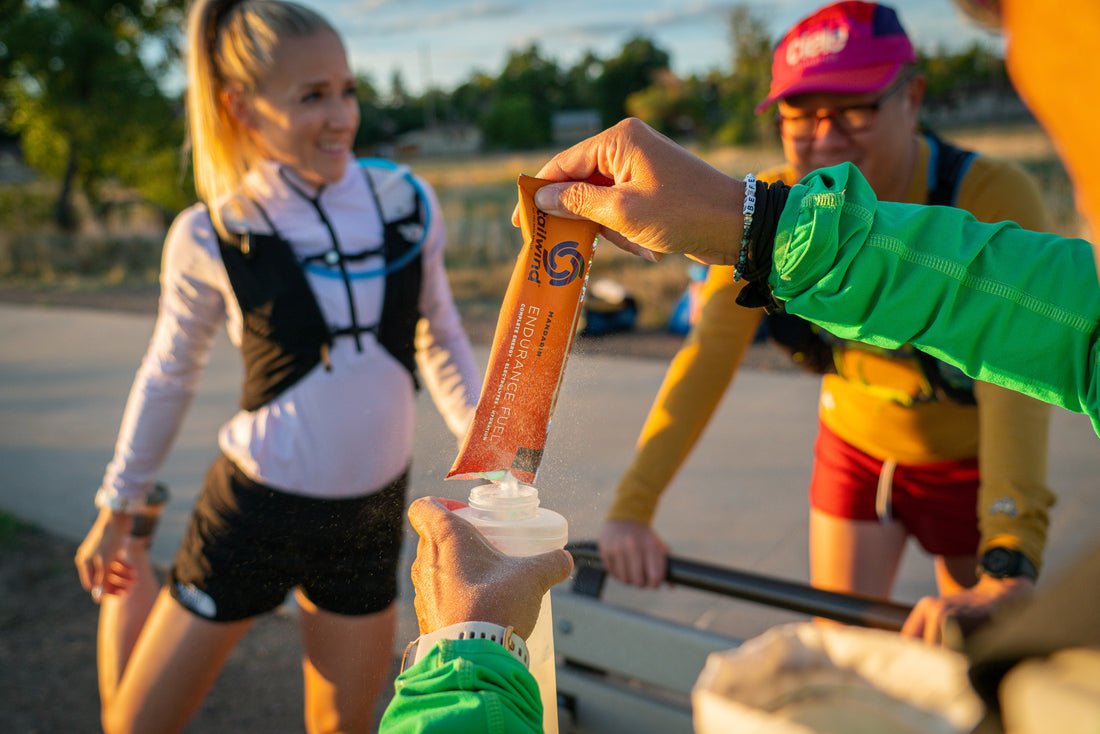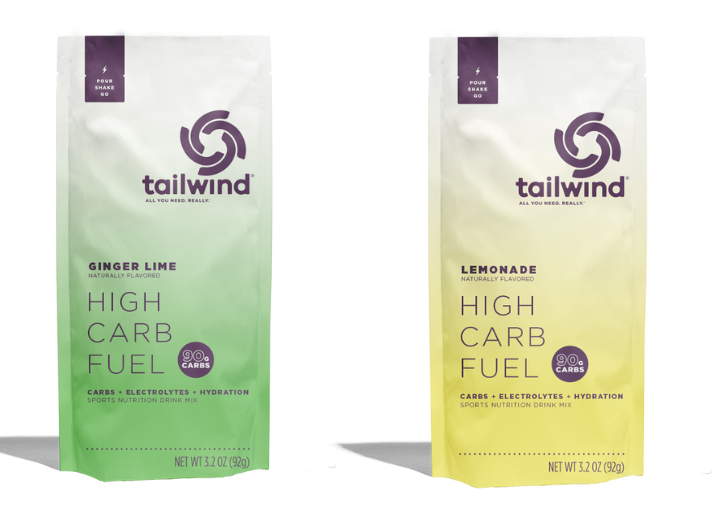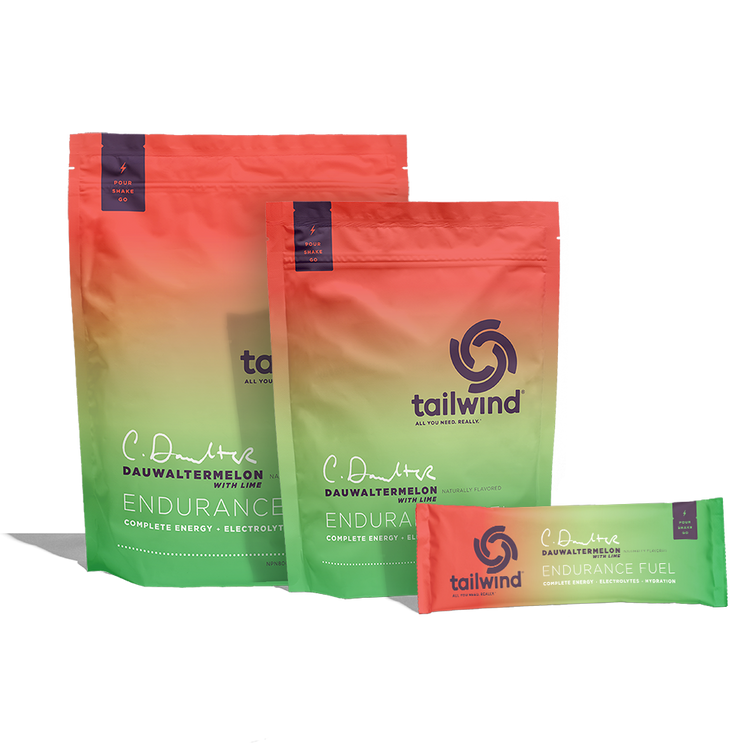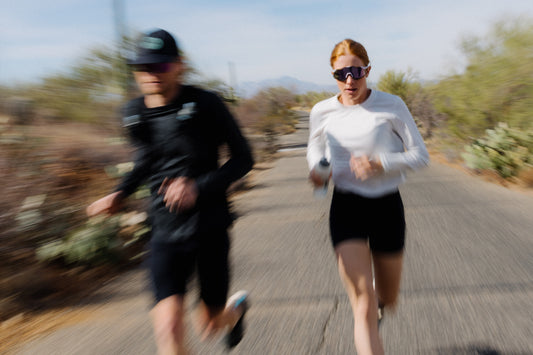Want to Avoid Gut Bombs?
0 Comments
It goes by many names. Runner’s Gut, Gut Bombs, Gut Rot, among other lovely monikers.
No matter what name you give it, though, the struggle is real. According to a 2009 study, up to 50 percent of runners have experienced the dreaded kicked-in-the-stomach feeling that accompanies a long or high-intensity run. Not only that, GI issues are some of the most reported reasons why many runners drop out or don’t excel in a long race.
Many runners walk a tightrope between ingesting nutrition while running and risking GI distress, or not fueling enough in order to avoid gut problems and risking bonking.
Why the Gut-astrophe?
The array of unpleasant symptoms that can plague runners range from nausea and vomiting to painful cramping, gas and diarrhea. Plus, the unfair truth is that runners are twice as likely to experience a gut bomb than other athletes like swimmers or cyclists. That’s due to the up and down motion of running that can jostle and irritate the bowels.
Another cause is that during exercise, the body diverts blood flow from the GI tract to provide oxygen to the hard-working muscles. The intensity of the exercise is an important factor too, since the harder your heart, lungs and legs are working the more blood will need to be redirected to them from your gut.
Dehydration is also a major cause of GI complaints. As a matter of fact, a study showed that about 80 percent of runners who experienced four percent or greater body fluid loss reported having gut problems. Hot weather exacerbates the situation as blood gets diverted away from internal organs to the skin in order to cool you down.
Preventing a Kick in the Gut
- First and foremost – hydrate! Drink plenty of fluids that include electrolytes to maintain your electrolyte balance. Look for electrolyte drinks that contain around 600mg of sodium for a 20-24oz serving.
- While training or racing, don’t overload your gut with too many calories. Aim for 200-250 calories per hour. Experiment during your training to find out your “sweet spot” (experiencing a steady flow of energy without that bloated stomach feeling).
- Consuming a steady flow of carbohydrates is essential to keep you running for hours. Fuel that contains simple carbs, like glucose, are best since they are already in the form that your body uses for energy. Your digestive system doesn’t have to do any additional “work”.
- If you are susceptible to GI issues, avoid foods or drinks high in fructose which may end up causing fructose malabsorption which can cause stomach issues.
- Avoid protein while running since it is very hard to digest and can shut down your digestive tract. Plus, studies show no significant difference in performance between carb-only and carb-protein drinks.
- Avoid eating at least two hours before your run, to ensure enough time for food to empty from your stomach.
In the end, GI issues are a way for your body to try and communicate to you. It’s important to hone in on your body awareness, and pay attention to how different foods and drinks affect your gut. An easy way to do this is with a training diary where you record how long you run, what you eat and drink, and how it affects you. You might be surprised by what you learn!






